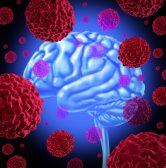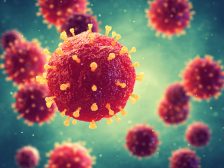Definition
noun
A process wherein a substance is released from another, either from or through the surface
Supplement
Sorption is a process of attachment, i.e. when a substance becomes attached to another. It occurs mainly in two ways: absorption and adsorption. While absorption takes place as a bulk process, adsorption takes place as a surface process. Absorption is when a substance in one state is incorporated into another of a different state, such as a liquid absorbed by a solid. Adsorption is when a substance adheres to the surface of another phase. The reverse of sorption is desorption. Desorption is when a substance detaches from or through a surface.
Desorption pertains to a phenomenon wherein a substance is released from another, either from or through the surface. In chromatography, desorption refers to the ability of a chemical to move with the mobile phase. The chemical that desorbs means that it tends to move up with the solvent front instead of remaining to the stationary phase.
Another example of desorption is when a container filled with water is exposed to heat, the oxygen desorbs from the water, resulting in the decreased oxygen content in the container.
See also:
- adsorption
- Ion exchange chromatography
Related form(s):







